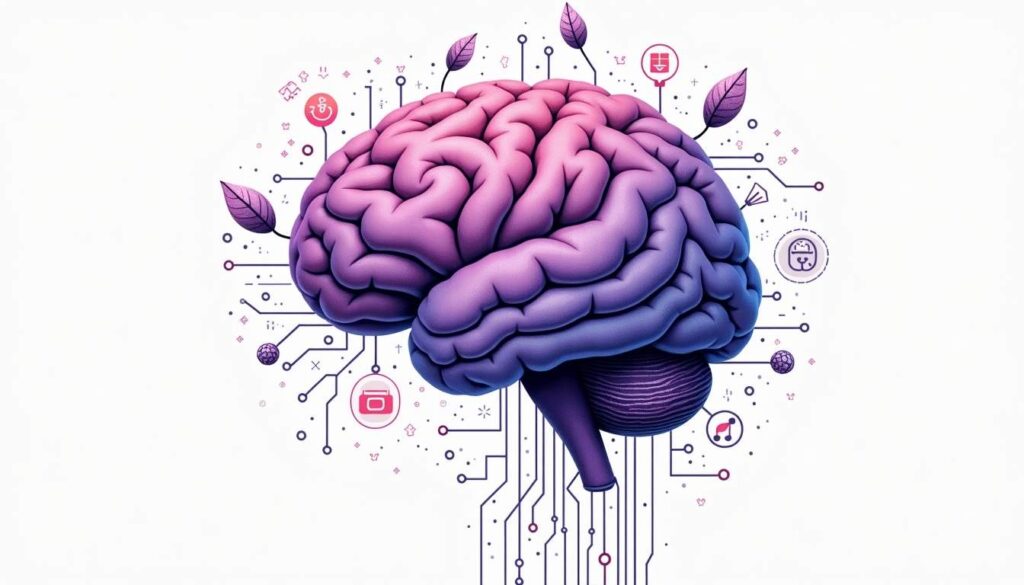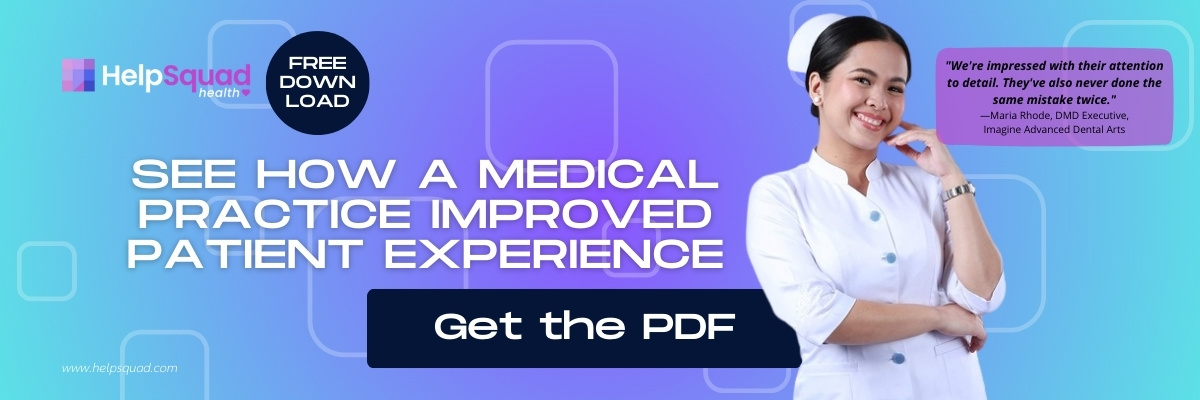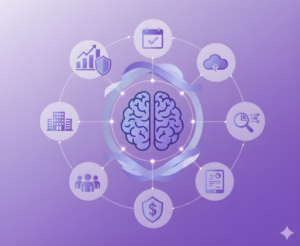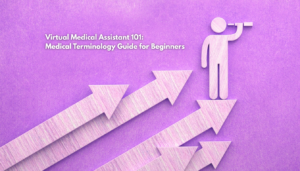AI Tools for Mental Health: Revolutionizing Emotional Wellbeing
07 Oct 2025 By: Vlade Legaspi
Updated

AI tools for mental health are digital applications that use machine learning, natural language processing, and predictive analytics to provide 24/7 support, early crisis detection, and personalized treatment plans. By analyzing user data such as speech patterns, text sentiment, and physiological signals from wearables, these systems bridge the gap between traditional therapy and patient needs.
I have spent a lot of time looking at how technology can actually make life easier for people, and honestly, the way these tools are stepping up is pretty incredible. Healthcare is finally catching up with the digital world. About one in five adults worldwide is dealing with some kind of mental health issue, but the system is so backed up that most of them never get the care they need. These new tools are filling that gap, providing support and helping to cut through the old-school stigma.
Understanding the Mental Health Crisis and the Need for AI Solutions

Our current mental health system is pushed to its absolute limit. I see it all the time. AI powered systems target mental health gaps by offering fast, tailored support that eases the strain on providers.
If you are looking for the right tool, you have to be smart. You need to look for trusted ai systems for behavioral health professionals that actually fit into a real-world care model. When you invest in these tools now, you are building a system that can actually handle the long-term impact of this crisis.
The Scale of the Problem
We live in a world where millions go untreated. It is a huge problem. Ai-driven mental health solutions are now a must because they offer fast, low-cost care when and where people need it most.
When choosing a tool, I always look for real-time help and cultural fit. The best ones spot issues early and adapt to each user. Because these tools can adjust to language and culture, they make care much more fair for people who usually have fewer options. Investing in ethical AI today means we can support more people while keeping human care at the core.

Key AI Technologies Transforming Mental Health Care
AI is bringing some heavy-hitting tech to the table. We are talking about things like natural language processing and predictive analytics. Each of these helps us understand and manage mental health needs in a way we never could before.
Chatbots and Virtual Therapists
I am really impressed with how chatbots and virtual therapists are leading the charge. They use clever tech to talk with users and offer things like mindfulness tools or CBT.
Take Woebot, for example. It helps with anxiety through daily chats and mood tracking. Then there is Wysa, which blends AI chat with access to real therapists. It is always on and ready to help. These are great examples of trusted ai platforms for scaling behavioral health services because they learn as they go and build real trust with the user.
Predictive Analytics and Early Intervention
AI is also great at scanning large sets of data to spot risk signs. It pulls info from health records, wearables, and even social posts. Researchers are even using it to detect signs of depression or suicide risk on sites like Reddit in real time.
This lets doctors act fast. Wearables can check heart rate and sleep patterns to spot stress or mood swings. This kind of always-on tracking helps people see their own patterns and make better choices for their well-being.
Personalized Treatment Plans
The days of “one size fits all” are over. Ai tools for mental health help create care plans based on your specific data. They can even predict which treatments or drugs will work best for you.
AI can link with genetic tests to find the best options fast, which cuts down on harmful side effects. It also tracks how you respond over time and updates the plan. This makes treatment much more accurate and helps you work better with your doctor.
Benefits of AI Tools in Mental Health

Bringing AI into the fold solves a lot of the old problems we have been facing for decades.
Increased Accessibility and Convenience
These tools work anytime and anywhere. They remove the limits of time and location, which is huge for people in rural areas. Apps and chatbots offer private support for those who might be too nervous to walk into a clinic. They are simple to use and open to everyone.
Cost-Effectiveness
Let’s be honest, traditional therapy is expensive. Affordable ai tools for behavioral health clinics provide cheaper or even free help. They handle the simple tasks so doctors can focus on the harder cases. This makes the whole system more efficient and much more fair.
Data-Driven Insights and Continuous Monitoring
AI tracks symptoms all the time. It collects data quietly and studies it fast to catch problems before they grow. This also helps us see mental health trends in groups, which helps us build better public health plans for everyone.
Reduction of Stigma
A lot of people find it easier to talk to an app than a person at first. It feels safer. These tools build self-awareness and encourage people to act sooner. As they become more common, they help make talking about mental health feel normal.
Challenges and Ethical Considerations

Even though we love this technology, we have to be careful. There are some real ethical questions here.
Privacy and Data Security
These tools handle very sensitive info. We need strong privacy steps to prevent leaks. Developers have to follow laws like HIPAA and be clear about how they use your data. Using things like encryption is the only way to keep users safe and maintain trust.
Accuracy and Reliability
AI is only as good as the data you give it. If the data is biased, the results will be too. We need to check these models constantly and make sure they learn from a wide variety of people so they serve everyone well.
Human Oversight and Accountability
I always say that AI should support doctors, not replace them. People still need to be able to reach a human in a crisis. We also need clear rules about who is responsible if something goes wrong. Trust is everything.
Ethical Use and Informed Consent
Users need to know what these tools can and can’t do. Information should be easy to understand. Talking with users and getting their feedback is the only way to make sure these tools stay safe and fair.
The Future of AI in Mental Health

The future looks like it is going to be a lot more integrated and empathetic.
Multimodal AI Systems
Soon, these tools will be able to study your voice and your facial expressions to spot emotional changes. This mix of data will make custom care even more accurate. It might catch mood shifts that a person would miss entirely.
Integration with Traditional Care
AI will be the ultimate wingman for therapists. It will handle the admin work and track patients between sessions. Blending AI with human care ensures that people get the right help at the right time.
Global Mental Health Impact
This tech can bring care to every corner of the world. It cuts costs and fills the gaps where there aren’t enough doctors. Mobile apps can reach people in their own language and fit their specific culture.
Ongoing Research and Collaboration
We need doctors, tech experts, and users all working together. A great example is the $18 million grant secured by the Albert Einstein College of Medicine. They are developing tools to forecast mental health crises before they happen.
Trending Now!
Serious mental illnesses like schizophrenia and major depression are a massive burden on society. The new $18 million NIH grant for the Albert Einstein College of Medicine is a huge step forward. They are building a digital platform that will be free for professionals to help predict when someone needs intensive help. This kind of real-time assessment is exactly what we need to make care proactive and accessible for everyone.
Conclusion
In the end, ai tools for mental health are changing the way we look at care. They make support easier to reach and much more personal. While we still have challenges to face, the hope they provide is real.
The future of this field is going to be a team effort. Humans and AI working together will improve lives all over the world. If you want to be a part of that, join Helpsquad Health and help us build the next generation of support. Talk to us today.


